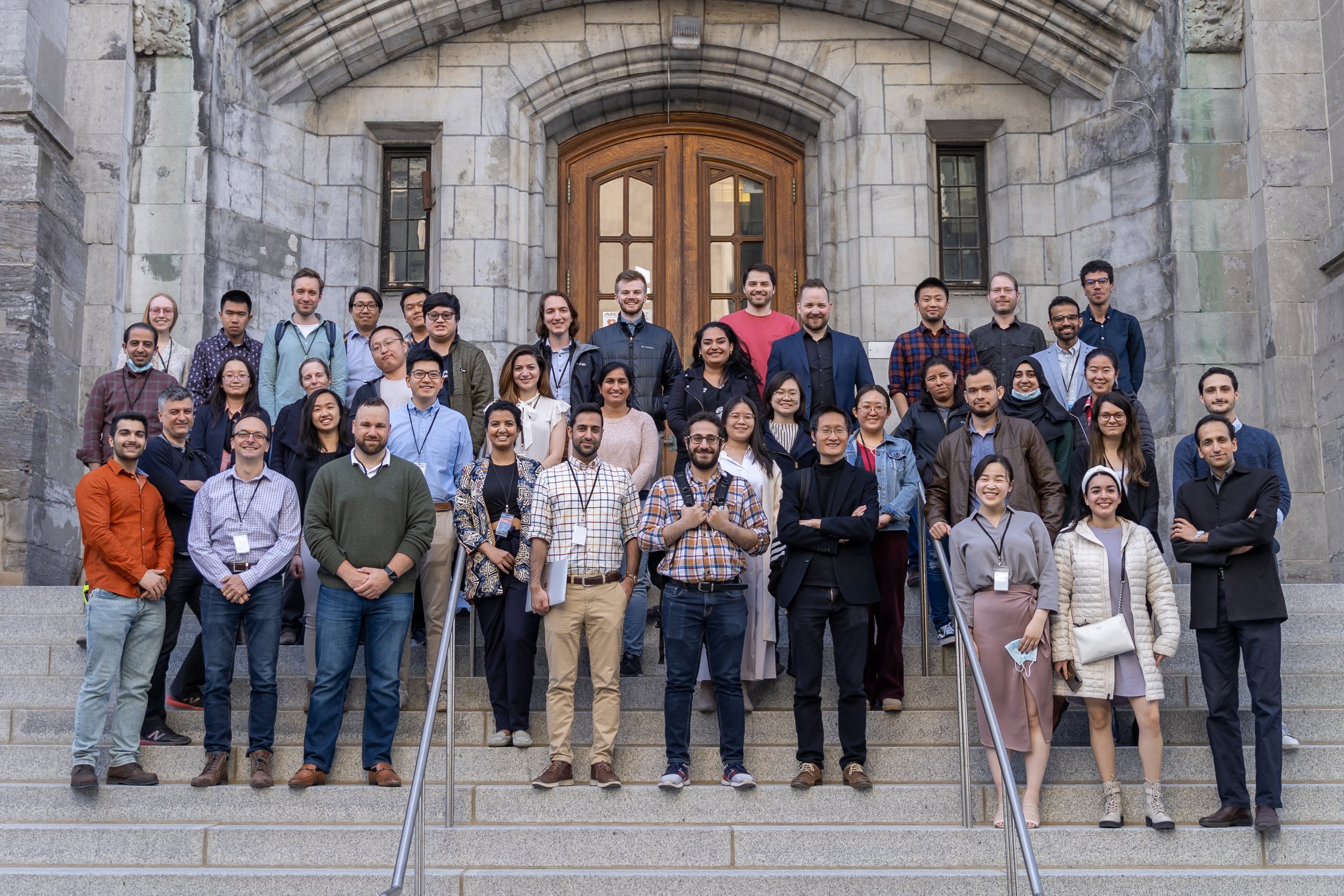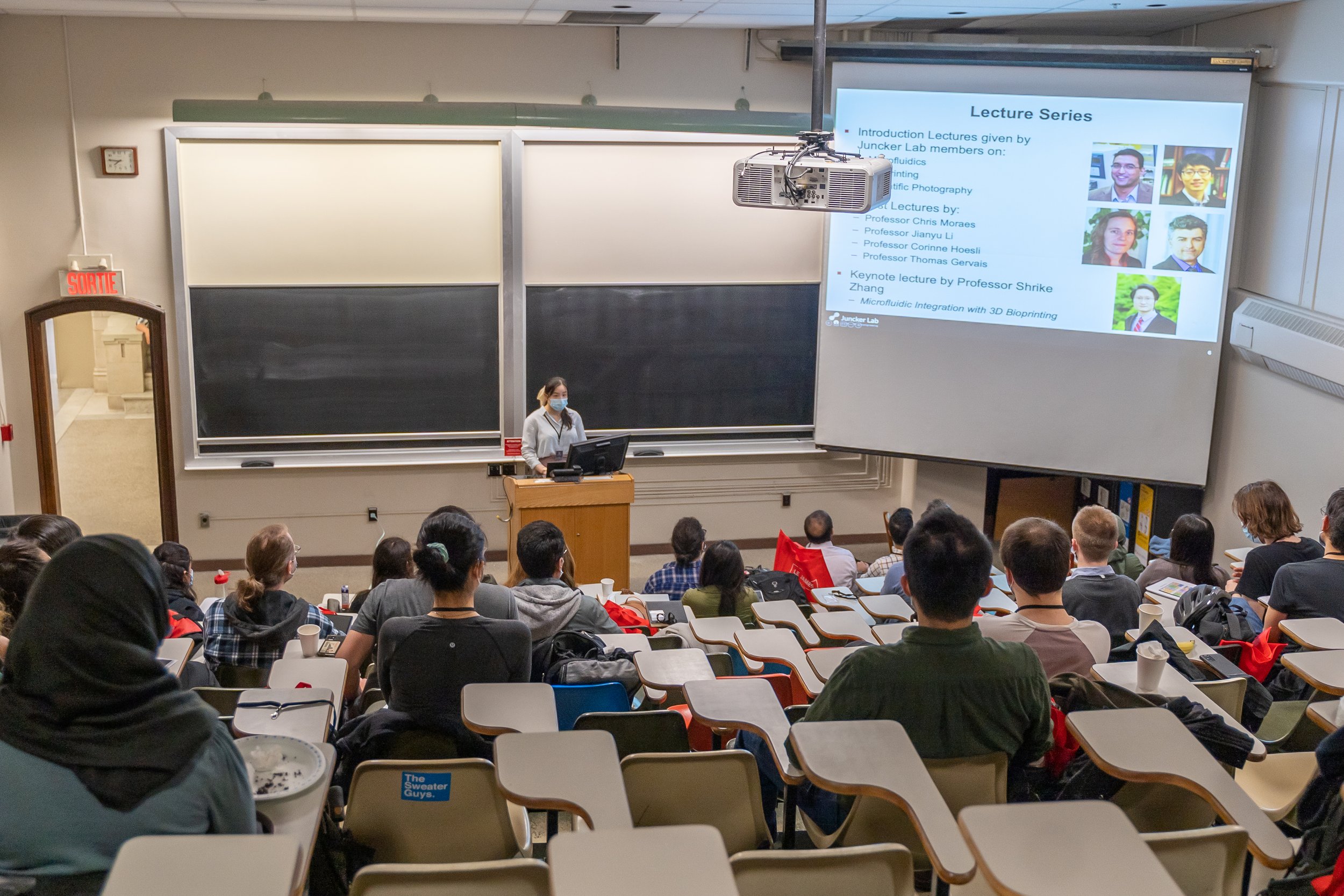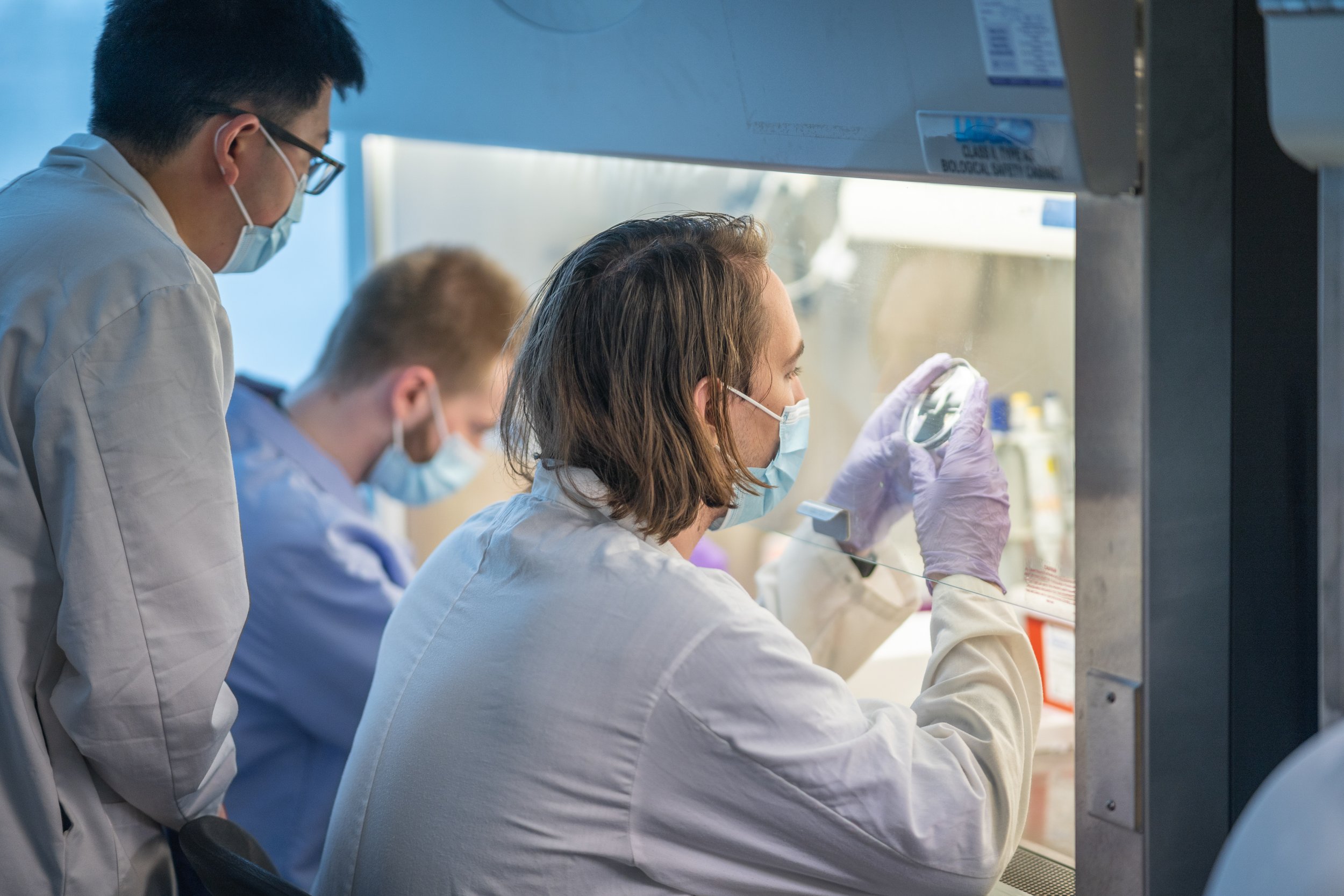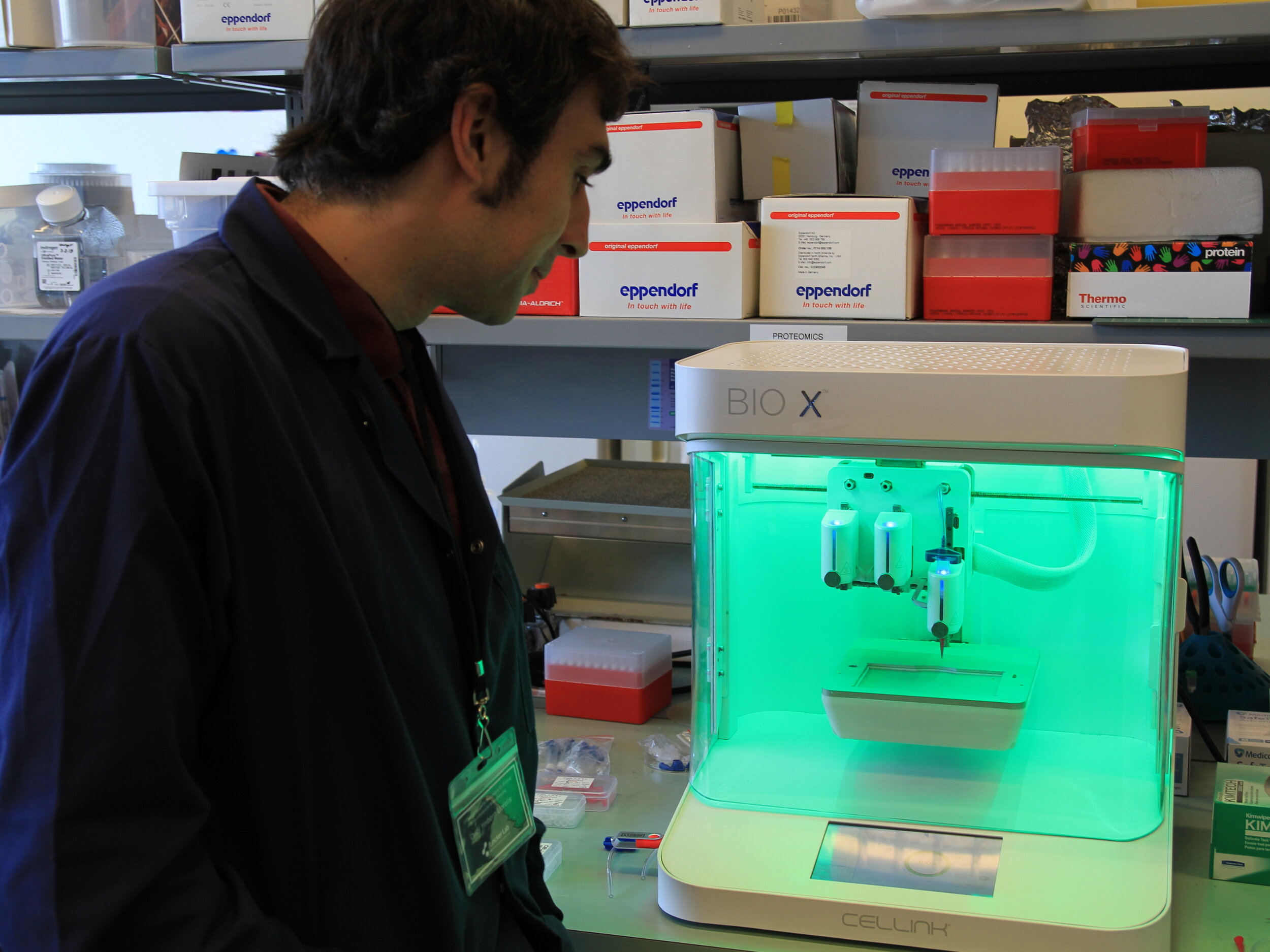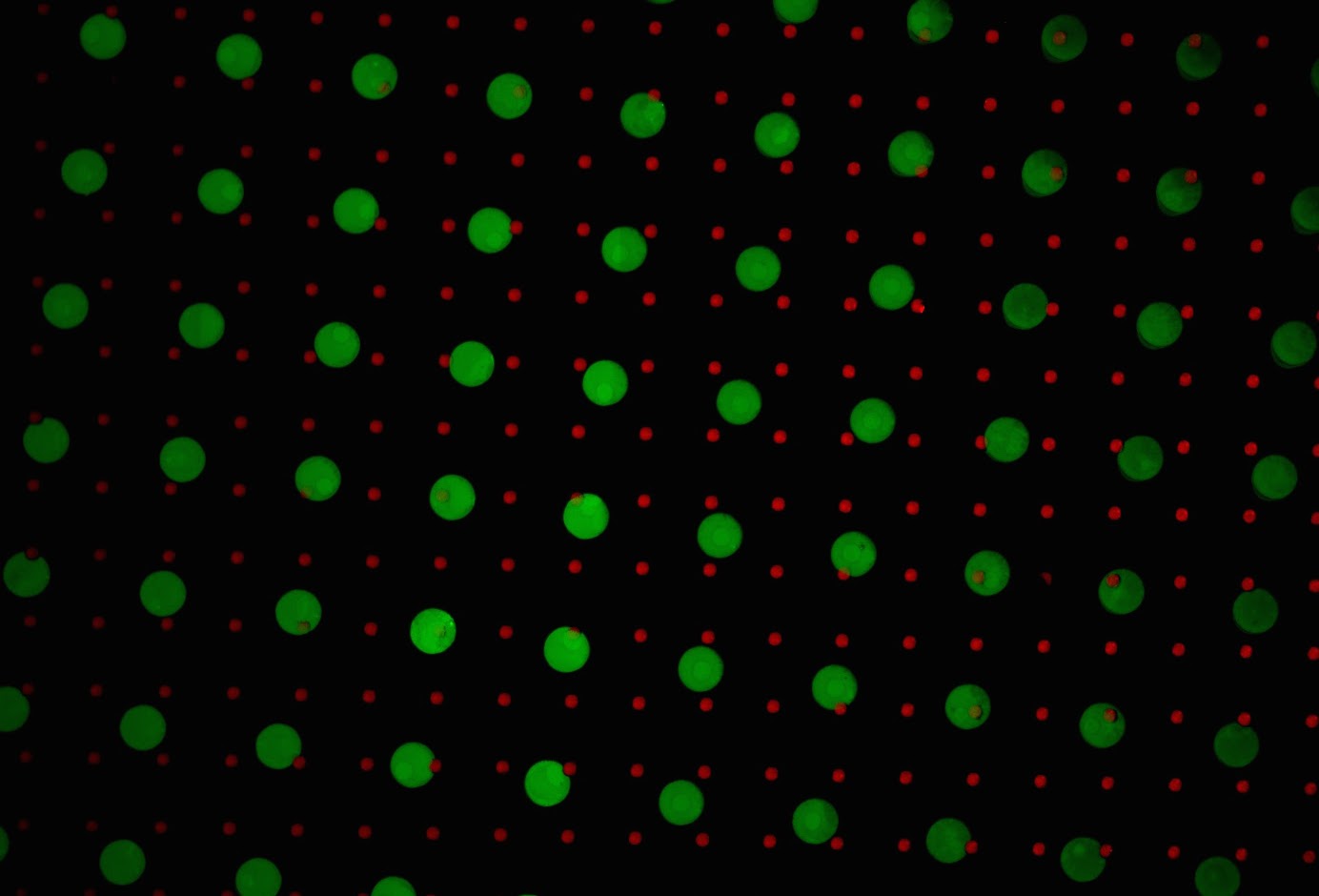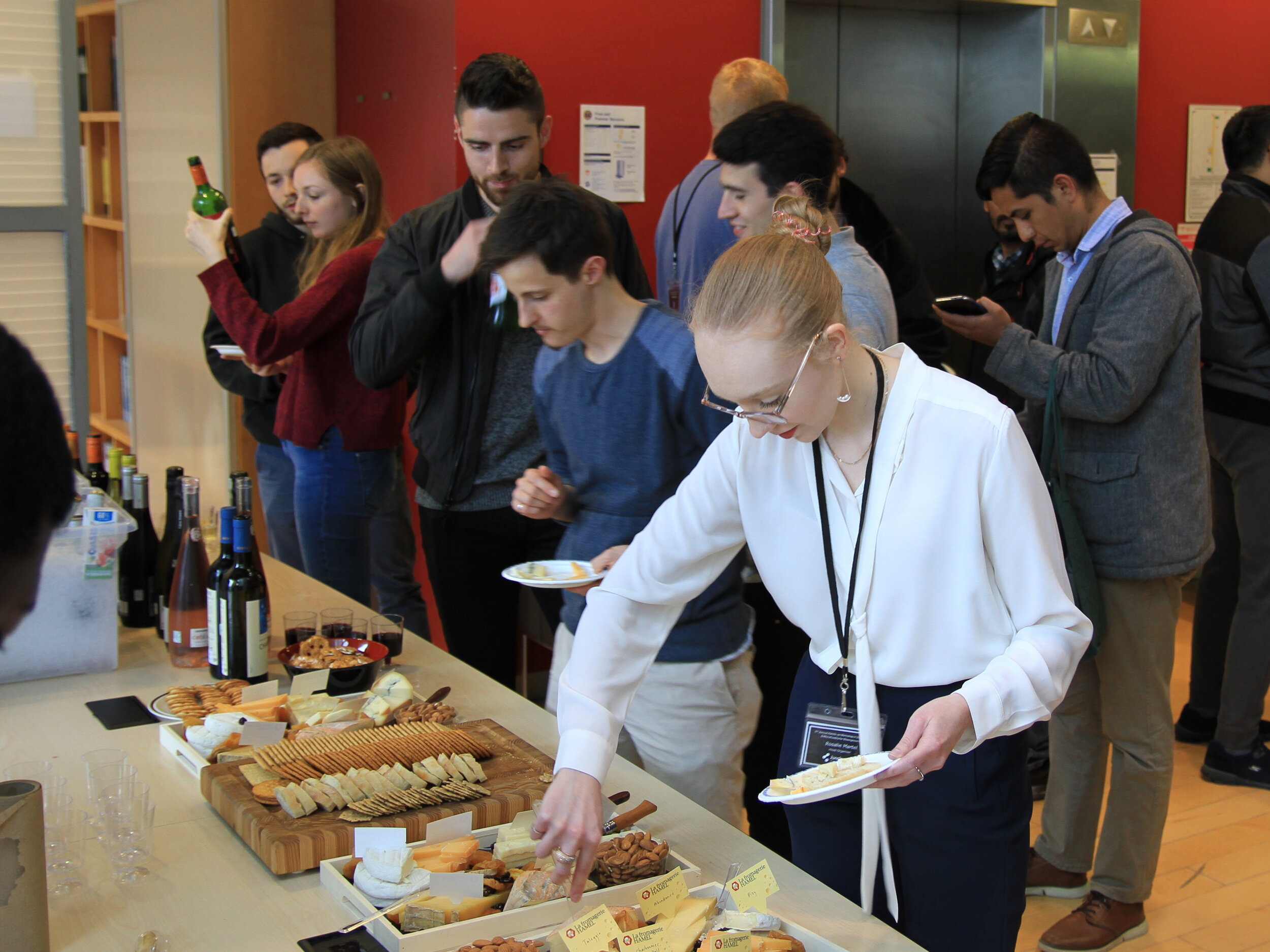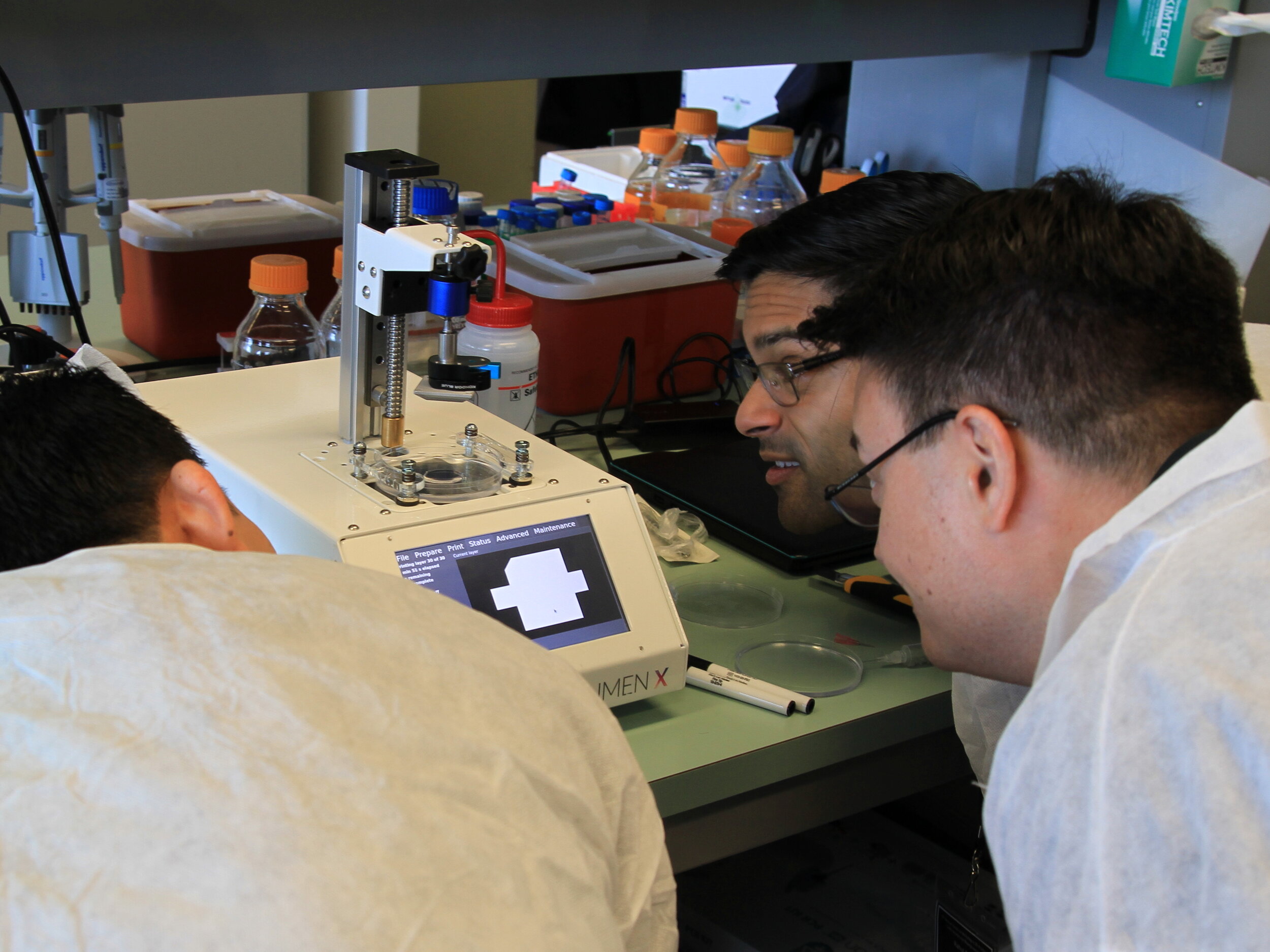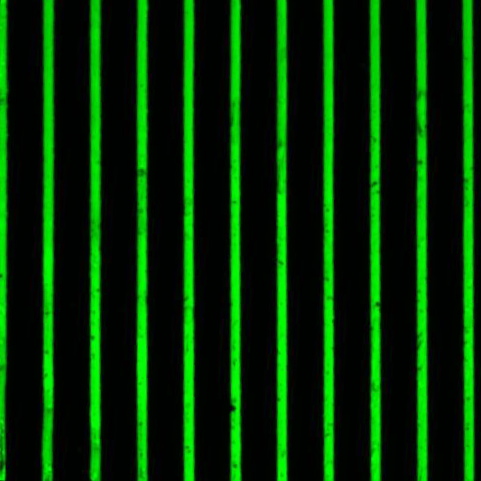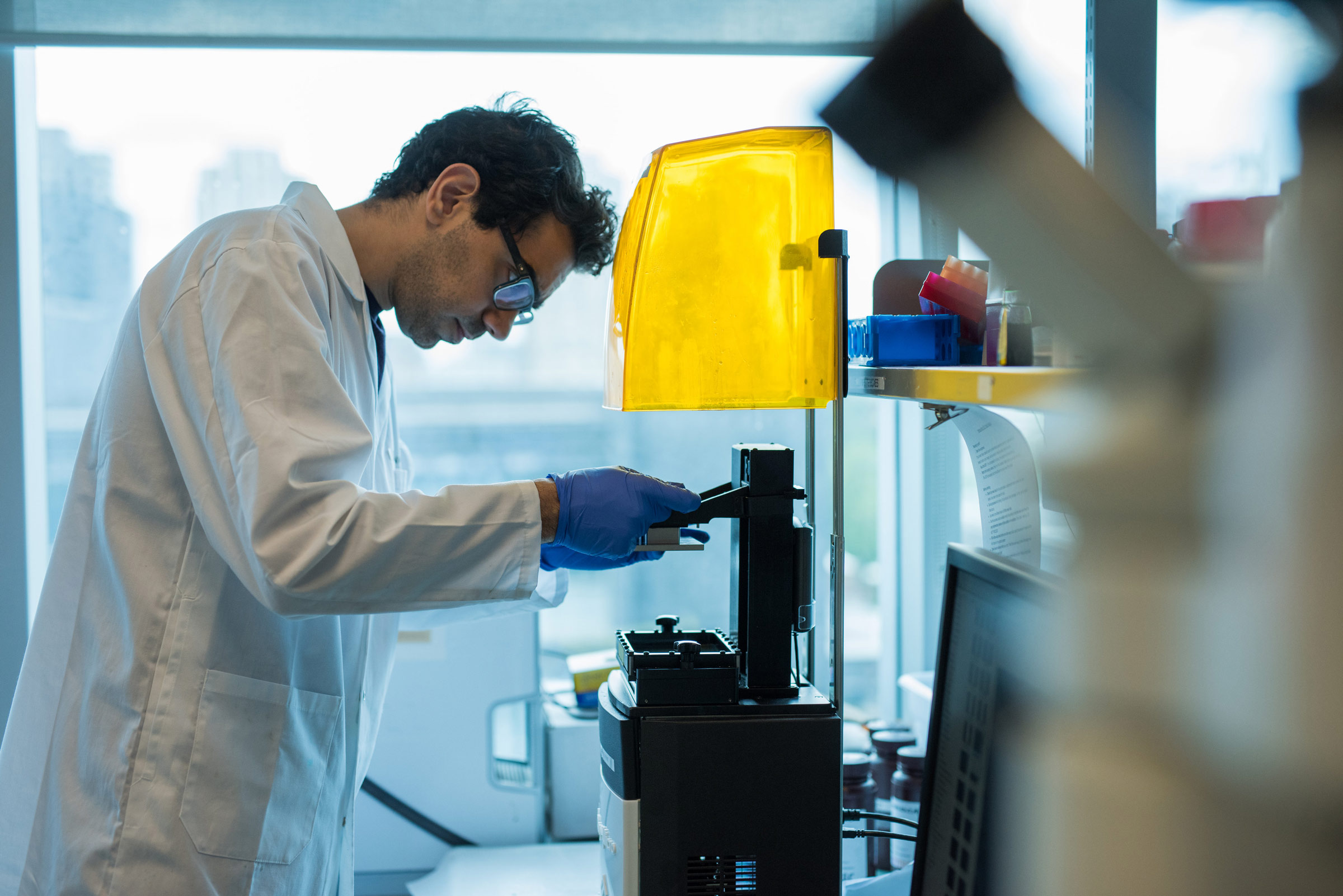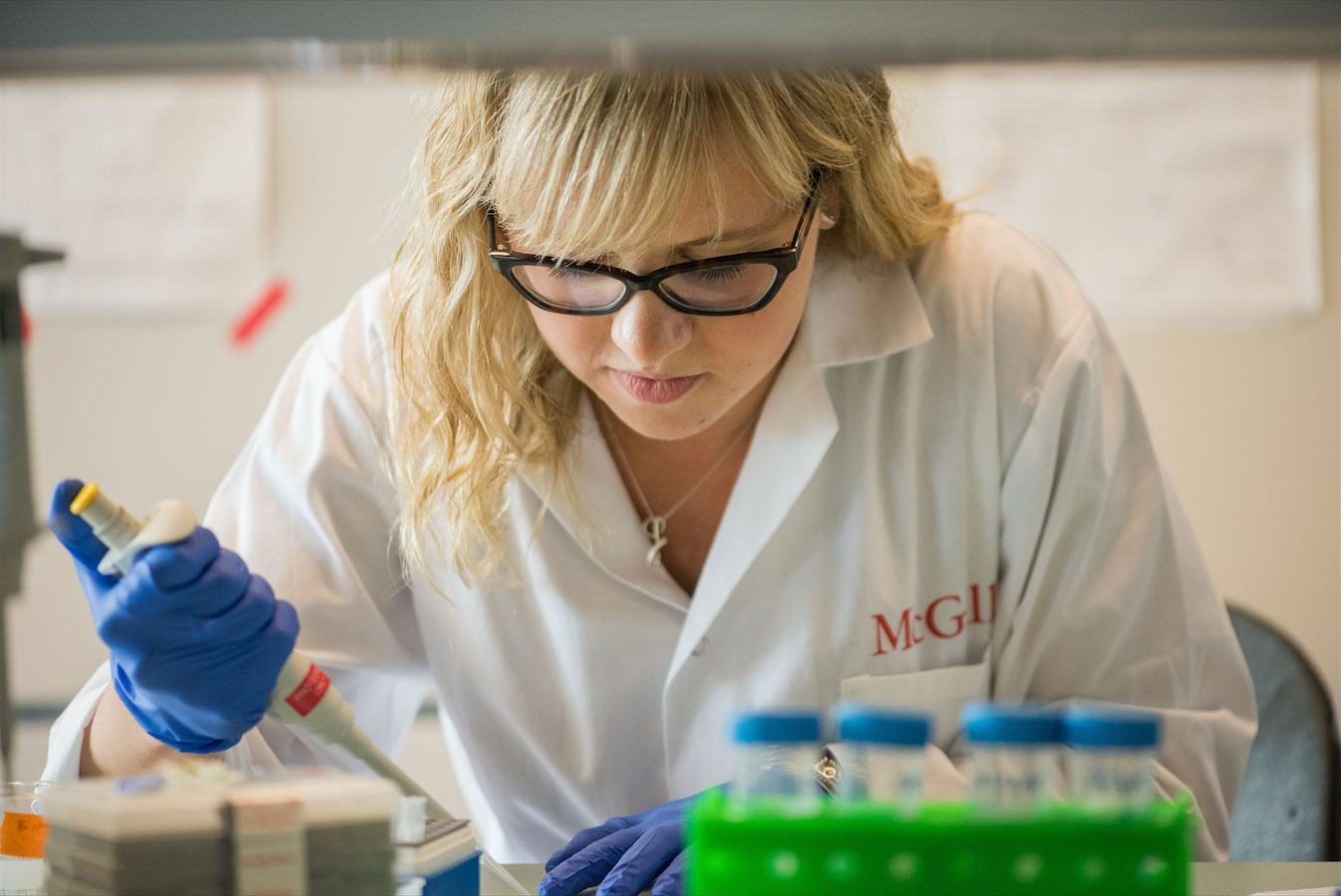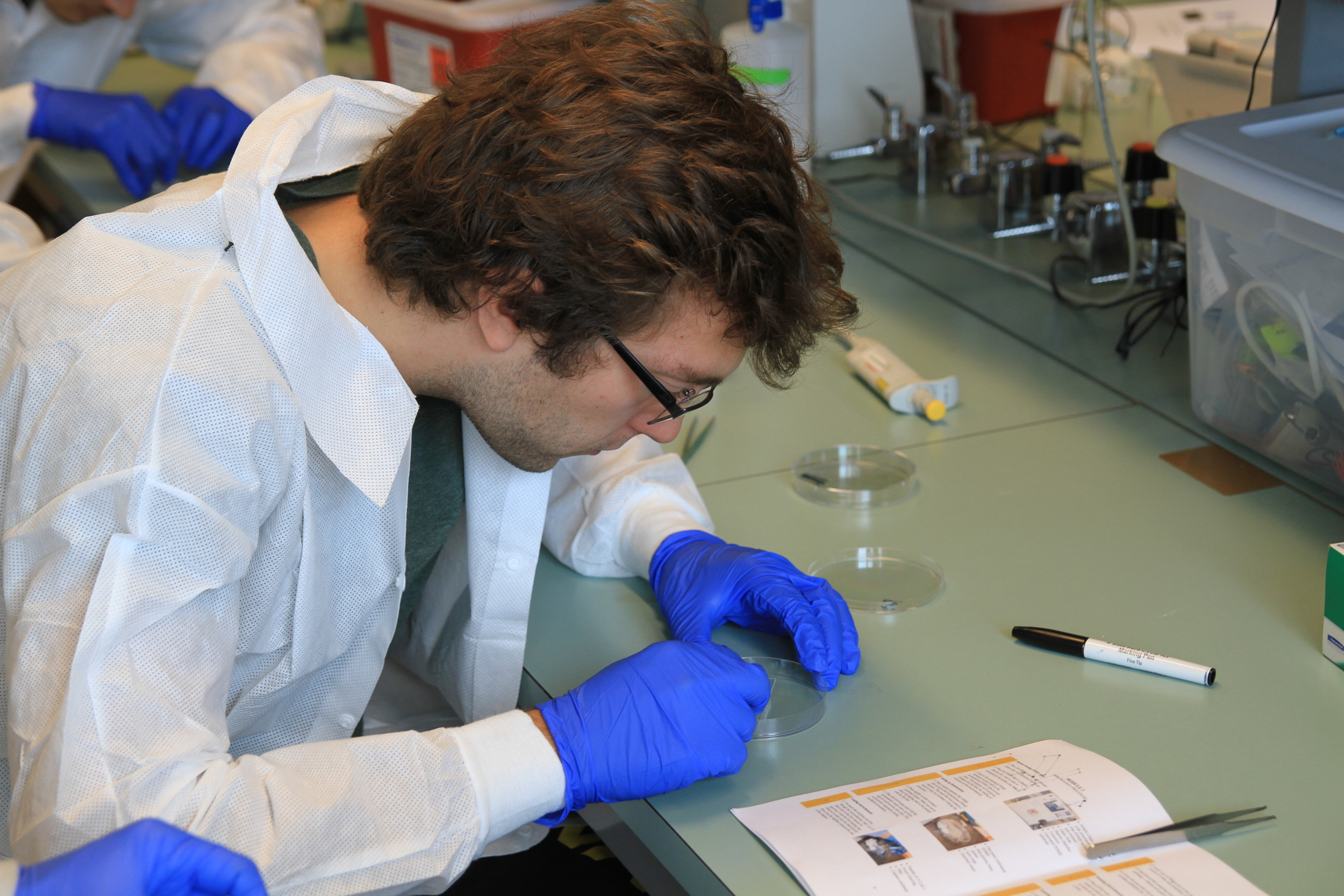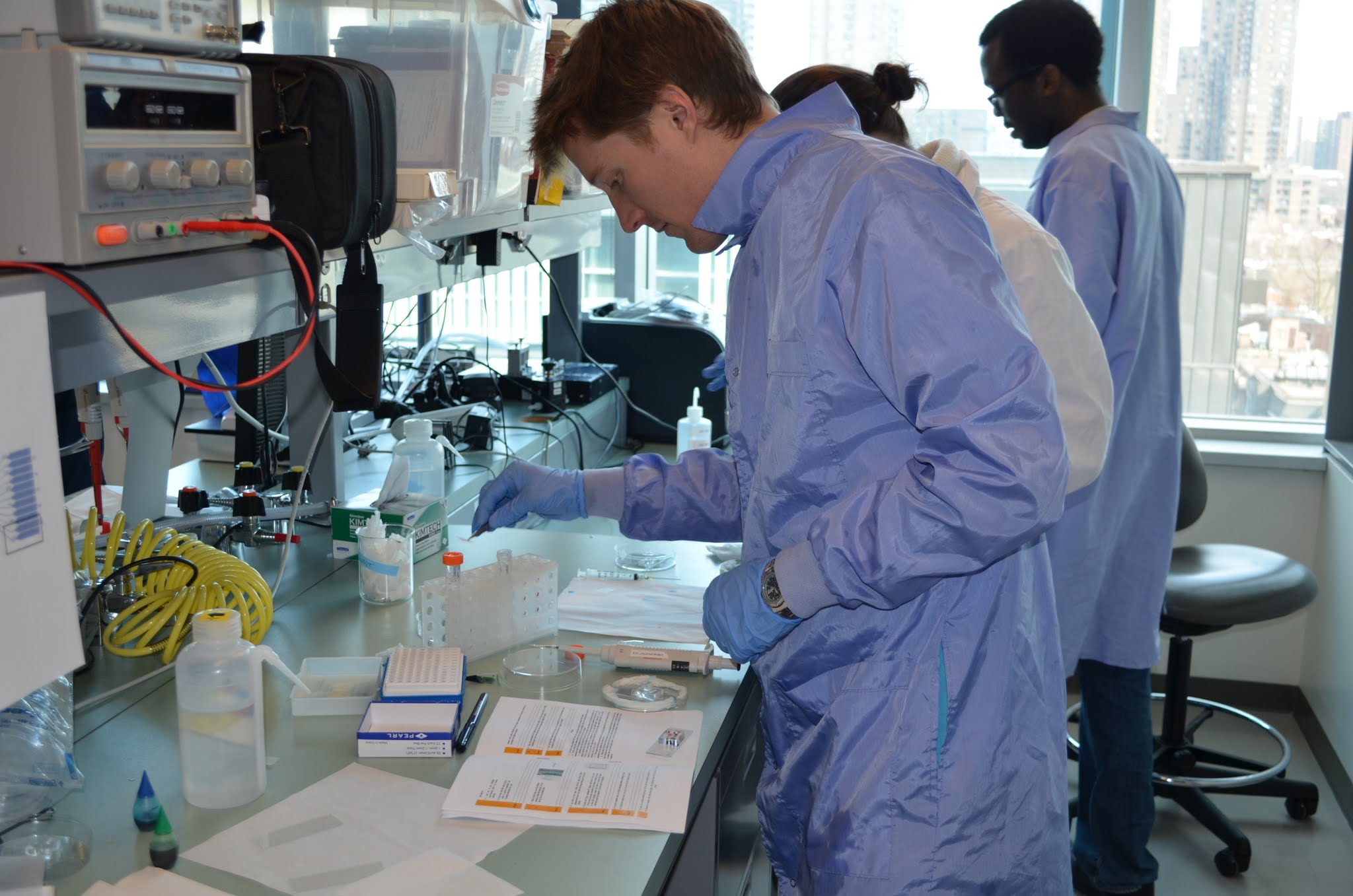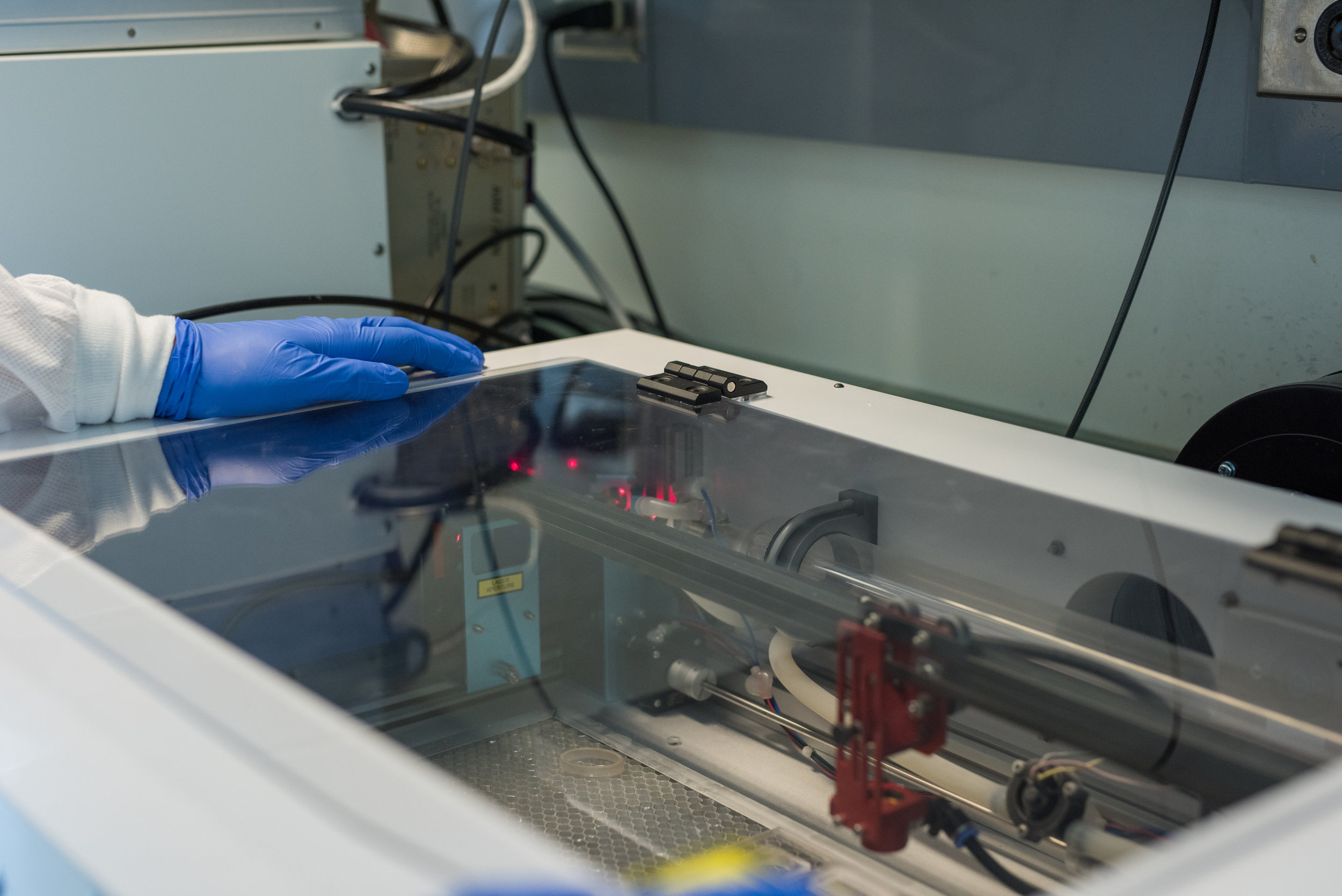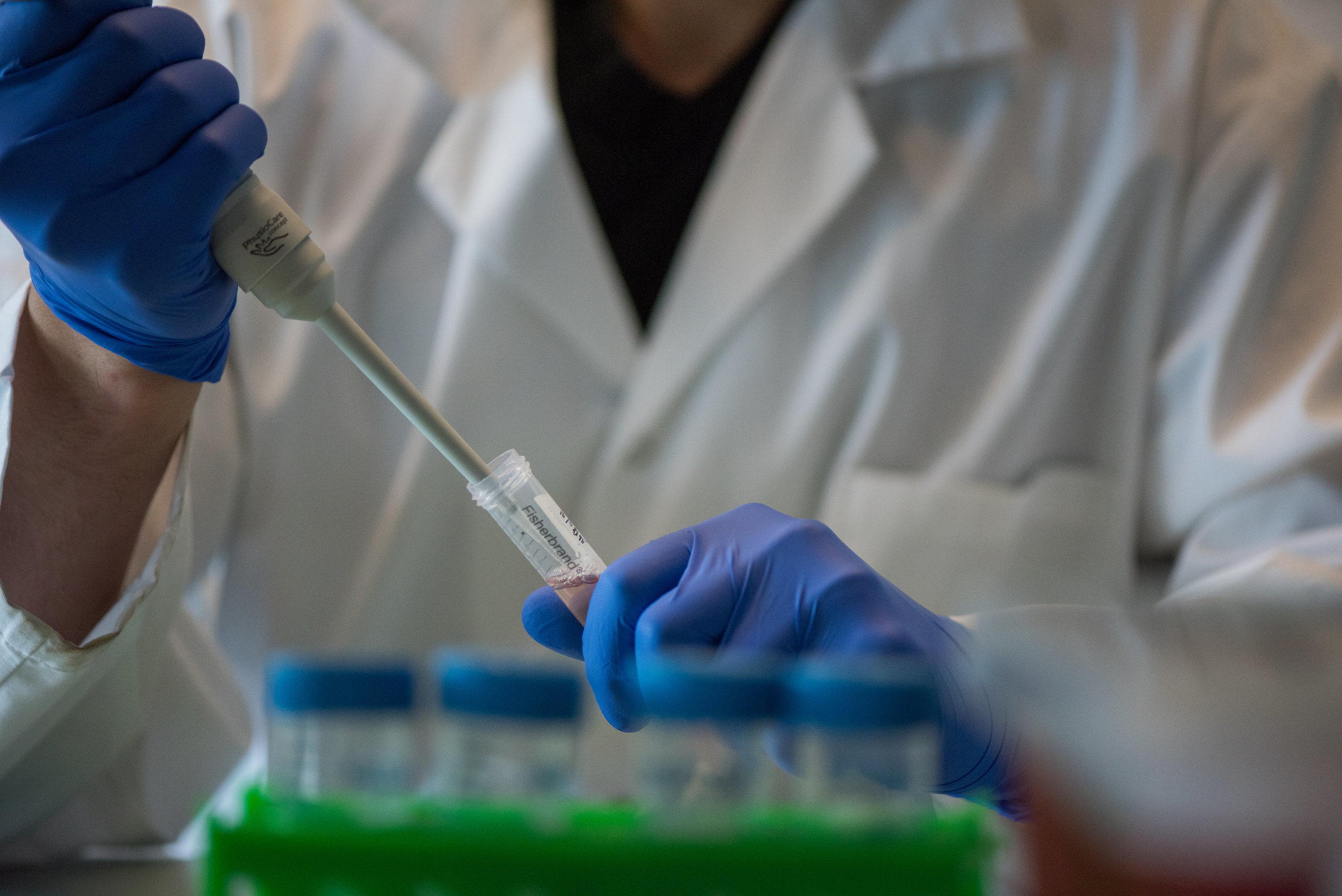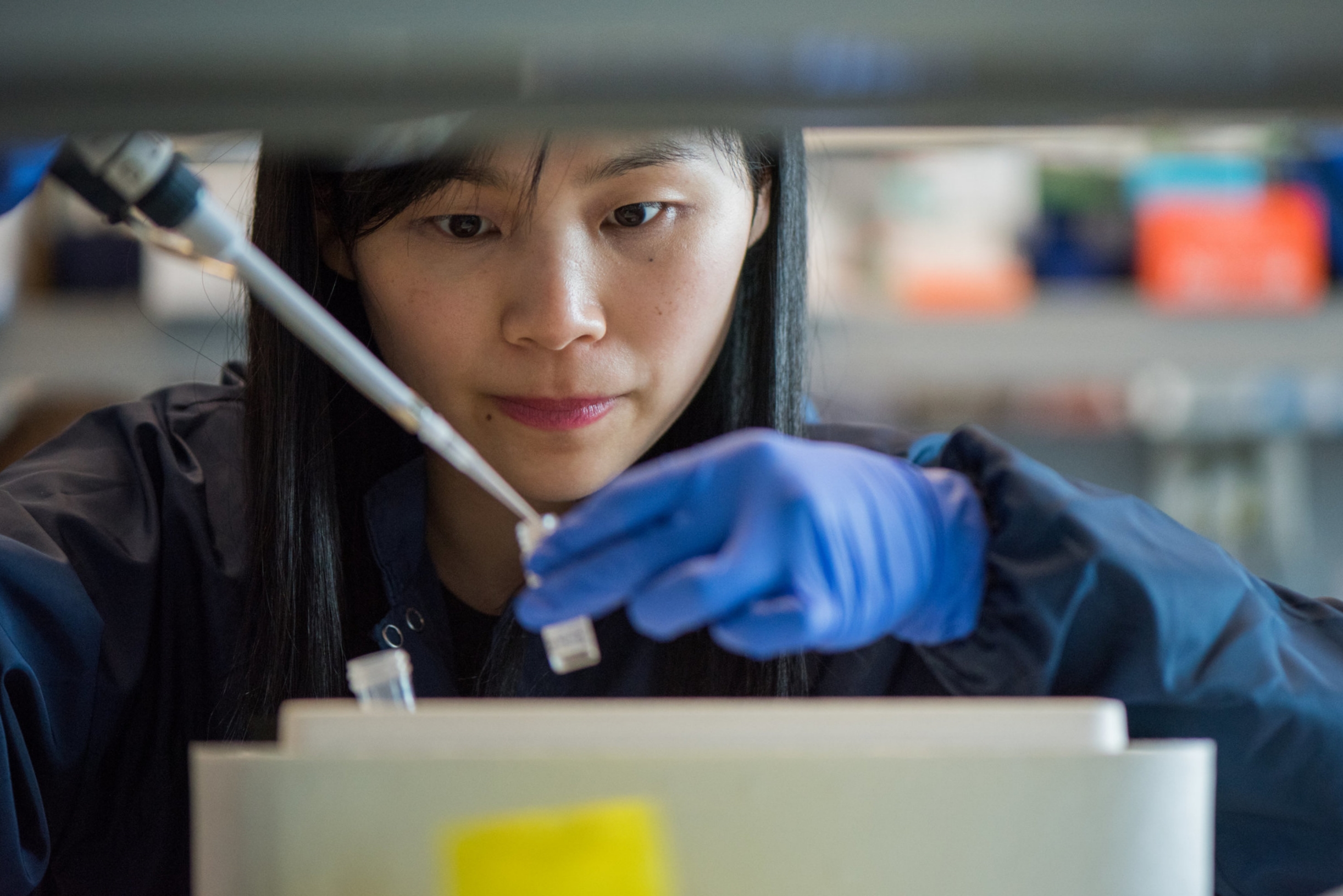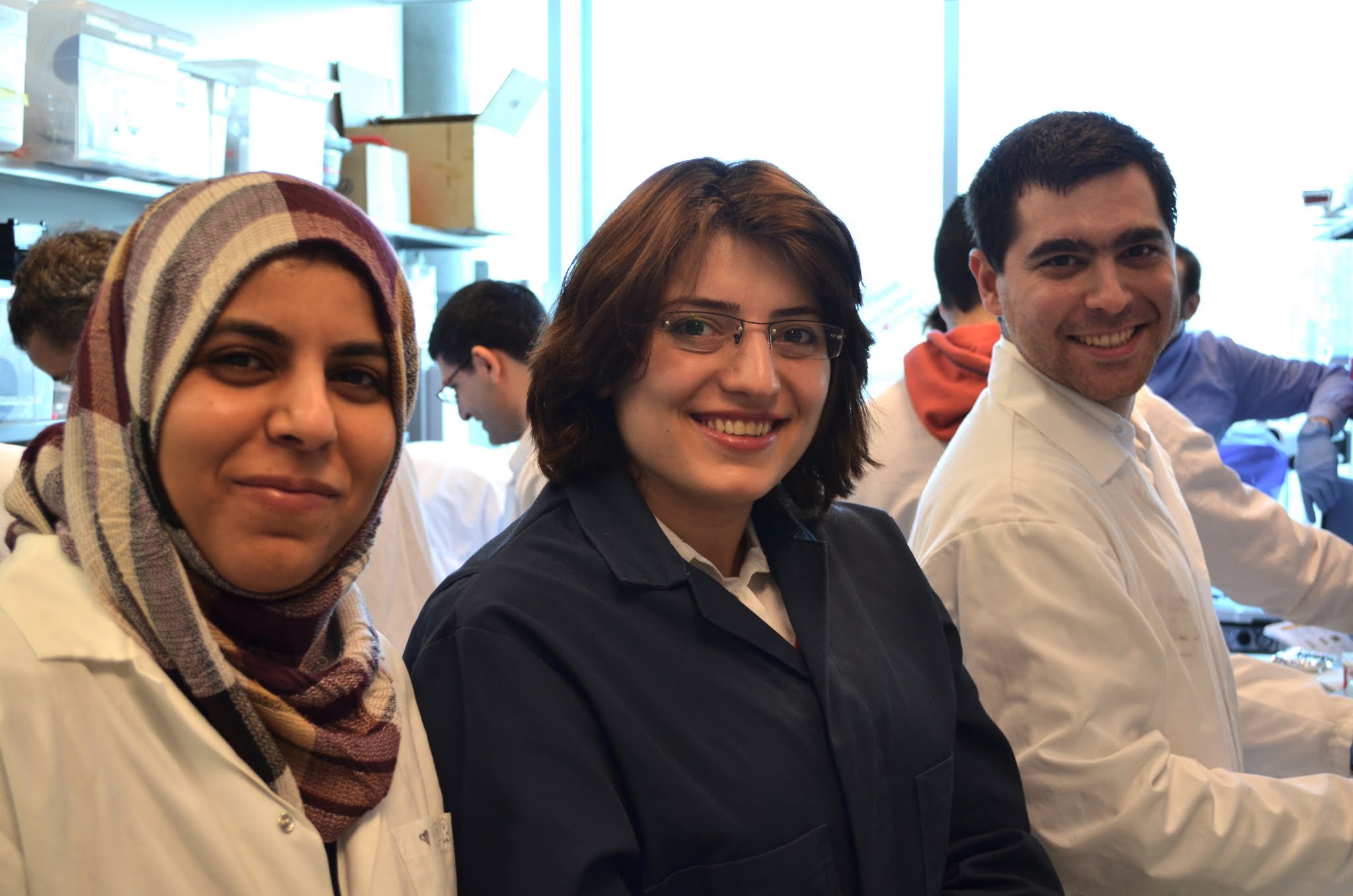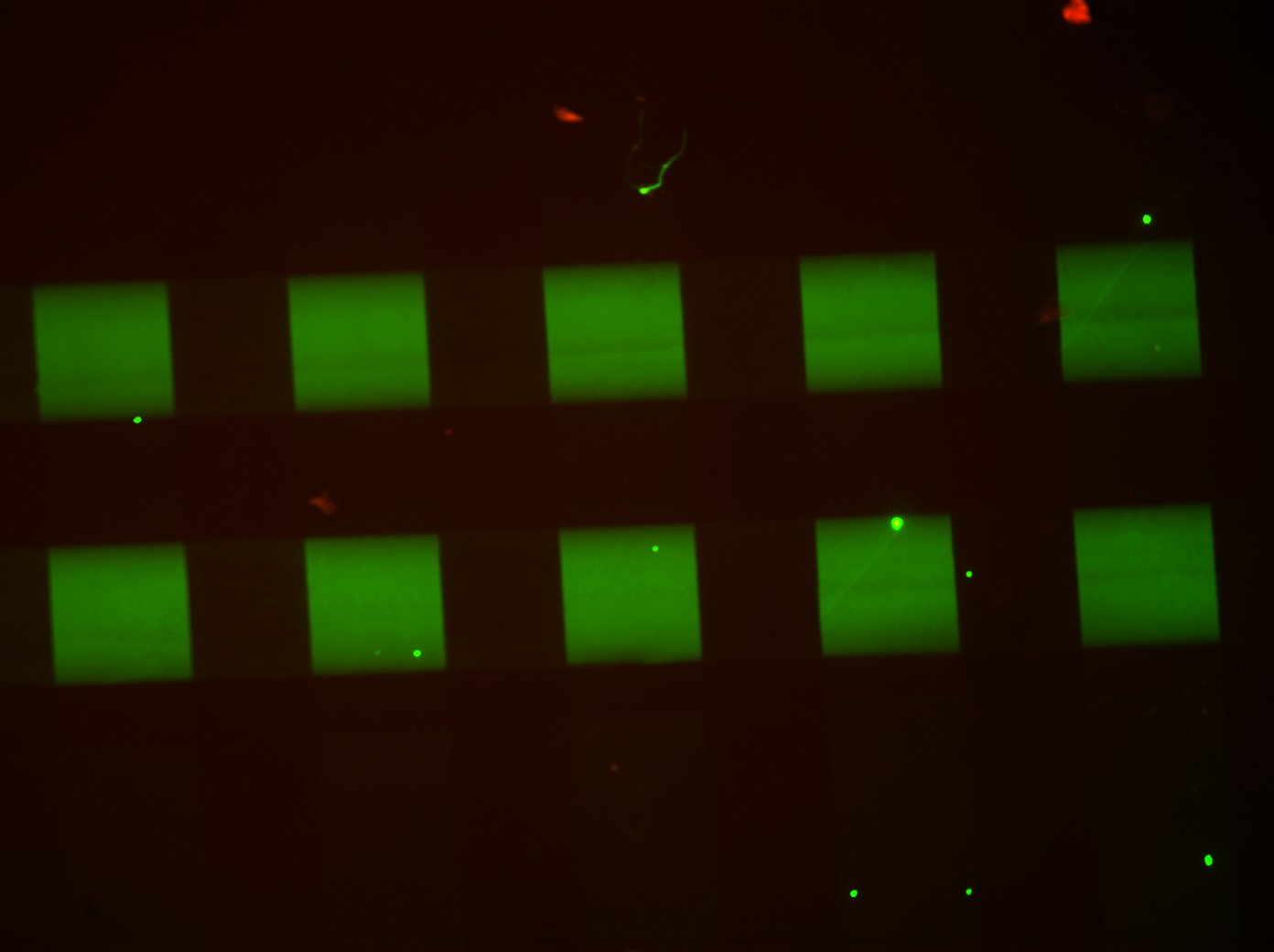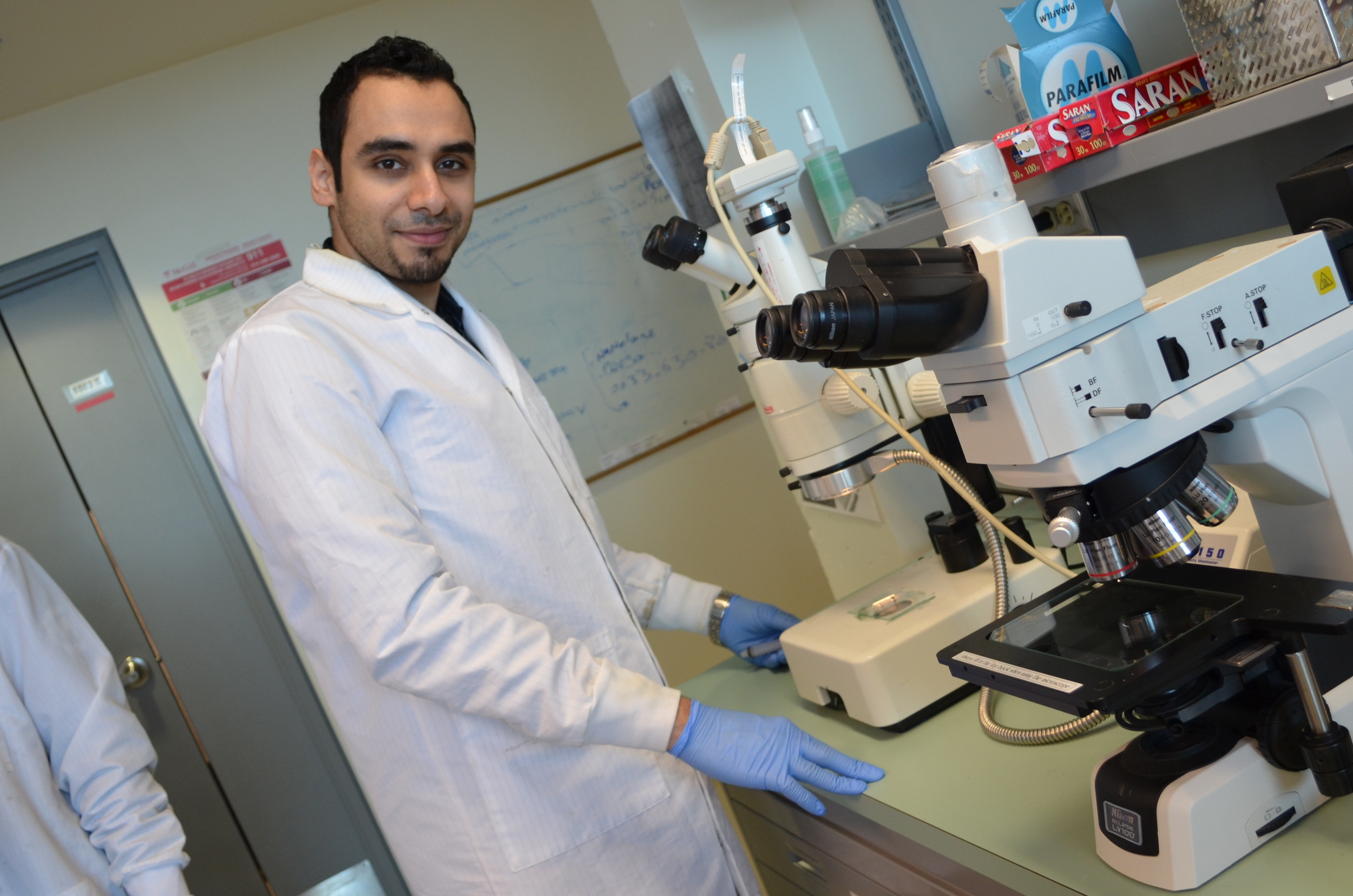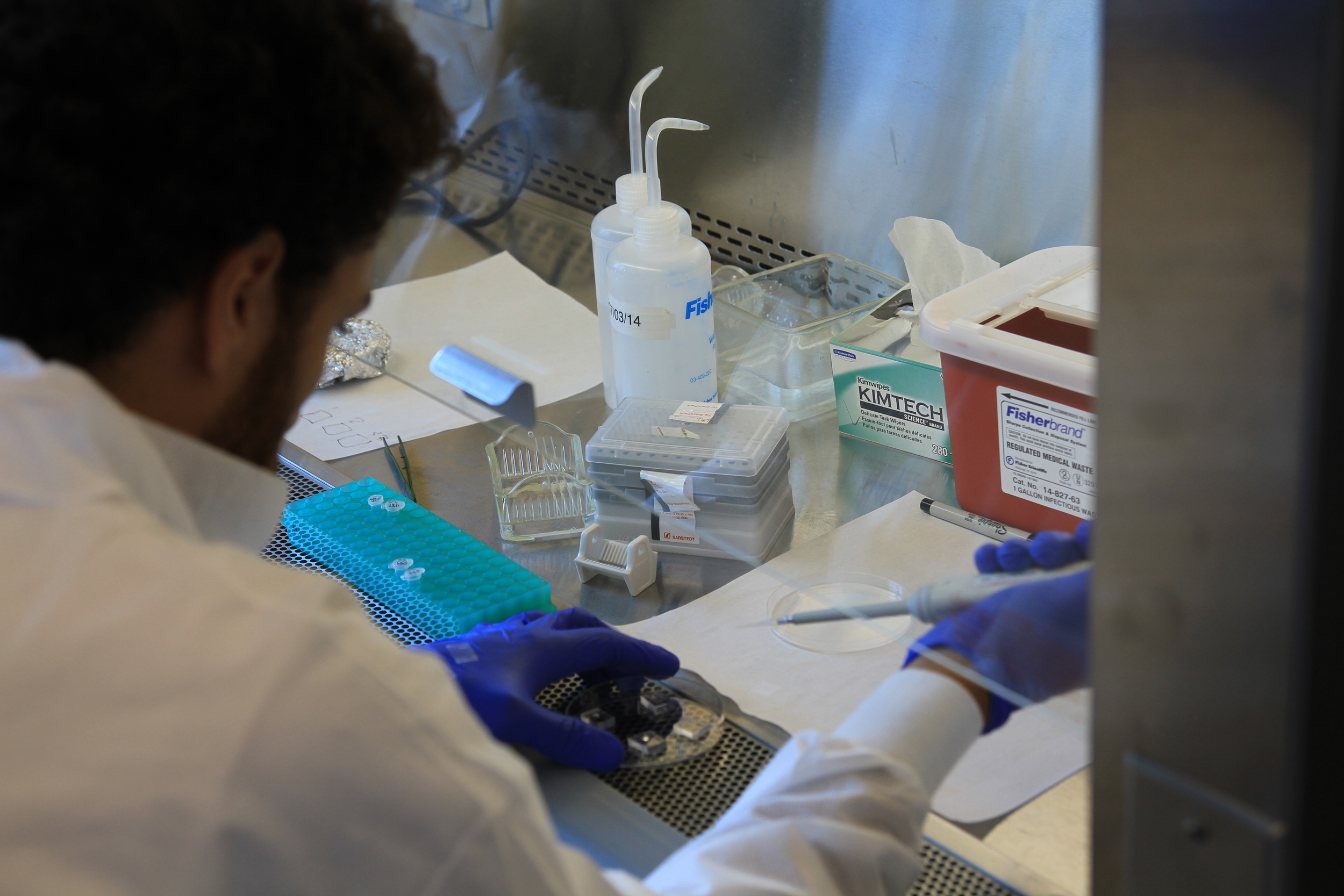HANDS-ON WORKSHOP IN 3D-printing & Microfluidics for BIOENGINEERING
May 1–3, 2024
MCGILL UNIVERSITY
Overview
Course Content
Schedule
Keynote Lecture
Location
Participant Feedback
Meet Our Team
Sponsors
Overview
The 14th annual Hand's on Workshop in Micro and Nano Bioengineering will be held in May 1–3 2024 at McGill Univeristy in Montréal, Québec. Participants will learn the foundations of micro and nano biotechnologies and gain first hand experience with Computer Aided Design (CAD), 3D printing, soft lithography, microfluidic cell culture and more. Our last workshop hosted 30 attendees from industry and academia partaking in the workshop and we look forward to having you join us this year!
The course is open to students, scientists, engineers, and industry professionals in any area of research who would like to learn more about micro and nanoscience technology in general. The course is of particular interest to biomedical researchers, chemists, physicists, as well as biomedical, mechanical, chemical, and materials engineers.
Open All | Close All
MODULE 1: LECTURES SERIES
The workshop will begin with an introduction on microfluidics and 3D printing techniques for biomedical applications. This year, we will highlight microfluidic 3D cell culture devices (organ-on-chip devices) as a showcase how engineering and the life sciences can benefit from each other. We will introduce their concept, current state of the art and give an outlook on some of the current research topics (e.g. modularity, continuous on-chip assays).
This will be followed by two in-depth lectures on the key engineering techniques behind them. The first one will be on microfluidics where we will cover the basics of fluid behaviour at the microscale and showcase common designs as well as workflows. In the second lecture we will cover the full range of common 3D printing techniques, including stereolithography and extrusion printing with a variety of biomaterials. The hands-on module and design challenge of the workshop will build on the content of these lectures.
MODULE 2: COMPUTER AIDED DESIGN (CAD) STUDIO
Participants will first learn the basics of Computer Aided Design (CAD) software (AutoCAD). Design rules and limitations will be discussed for high resolution 3D printing. In the interactive portion of the session, participants will design and make adjustments to a CAD model for a 3D printed microfluidic device with bioengineering applications. Participants are encouraged to design their proposed devices from the design challenge on the second workshop day and will have the chance to 3D print their devices during the final lab session. Computers are provided, however, participants are encouraged to bring their own laptops.
MODULE 3: Hands-on lab session
The workshop includes several lab modules in which we complement the lecture topics with hands-on fabrication experience. Participants will be able to directly print functional microfluidic chips and mold PDMS replicates of on-chip cell culture devices. We will seed live cells and image them the next day, such that participants will gain all the experience needed to start the first microfluidic cell culture project in their own labs.
MODULE 4: DESIGN CHALLENGE
In this session, a design challenge premise will be presented to the participants who will be asked to propose a solution that addresses a problem in the field of bioengineering. Presentations will be given by participants who will show how Nano/Microtechnology can be applied to this research area. This session is a highlight of the course as it helps participants to relate what they just learned to a real-world application and receive feedback from our design challenge coordinator and our panel of 3-4 judges during their final presentations. To conclude the workshop, participants will have the opportunity to compete for the best presentation award this year and the results will be announced during the wine and cheese social on the last day!
Roger D. Kamm
Kamm is the Cecil and Ida Green Distinguished Professor of Biological and Mechanical Engineering at M.I.T.. His research has focused on problems at the interface of biology and mechanics, formerly in cell and molecular mechanics, and now in engineered living systems. Current interests are in developing models of healthy and diseased organ function using microfluidic technologies, with a focus on vascularization. Kamm was elected to the National Academies of Medicine and Engineering. He is co-founder of two companies, Cardiovascular Technologies and AIM Biotech, a manufacturer of microfluidic systems for 3D culture.
JOIN US FOR HIS TALK TITLED, ‘VASCULARIZED MICROPHYSIOLOGICAL SYSTEM MODELS FOR TRANSPORT ACROSS THE BLOOD BRAIN BARRIER AND IN SUBCUTANEOUS TISSUE’
McGill Engine Centre (FDA 5): Frank Dawson Adams Building, Room 5 - 3450 University Street
MD 50: Macdonald Engineering Building, Rooms 50 - 817 Sherbrooke Street West
MD 279-280: Macdonald Engineering Building, Rooms 279 and 280 - 817 Sherbrooke Street West
Genome 6500: Genome Building, Room 6500 - 740 Dr Penfield Avenue
Leacock 219: Leacock Building, Room 219 - 855 Sherbrooke Street West
Coming from out of town? There are plenty of hotels within walking distance to McGill campus. Montréal bus routes 24, 144, and 80 will also take you near campus if staying further away. If you have any questions about transportation or accommodations, just send us an email at junckerlab.workshop@gmail.com.
Houda shafique
Head Organizer, Sponsorship & Advertisement
Molly shen
Design Challenge Master & Lab Coordinator
NADIA DAVOUDVANDI
Lab Coordinator
FELIX LUSSIER
Lab Coordinator
Geunyong kim
CAD Coordinator & Web Master
ROSALIE MARTEL
Budget
JUSTIN DE VRIES
Budget
NOÉLIE DOUANNE
Sponsorship
HUGUES MARTIN
Catering
JASON ZHU
Catering & Advertisement
FABIAN SVAHN
Advertisement
YONATAN MOROCZ
Photography
Asiga is a pioneering force in 3D printing, specializing in high-precision DLP systems. Their cutting-edge technology caters to various industries, including Microfluidics, dental, jewelry, and custom manufacturing, with a commitment to innovation and customer satisfaction. By combining advanced engineering with user-friendly design, Asiga empowers businesses and individuals to unleash their creative potential through additive manufacturing, driving the future of industry with precision, reliability, and endless possibilities.
Eden Tech, a French innovator in microfluidics, empowers researchers with advanced tools. Our expertise lies in developing microfluidic tools for precise and controlled experiments. The passionate Eden Tech team tackles societal challenges with this powerful technology. Located in Paris, we leverage France’s rich scientific heritage and global connections. Together, we unlock the immense potential of microfluidics for groundbreaking advancements.
OrganoBiotech is a biotech startup specializing in organ-on-a-chip models for high throughput drug screening and disease modelling. Founded in 2021 from Dr. Zhang’s lab at McMaster University, the company commercializes a portfolio of membrane-less platforms: IFlowPlate384, AngioPlate384, and UniPlate24. If you have used a well plate before, then their product will feel like second nature. Leveraging the technology, OrganoBiotech has developed models for lung, colon, kidney, placenta and blood vessels, each with their own tissue architectures, flow profiles, and supporting cells. These tissues can then be screened against emerging compounds of interest, or used to emulate disease conditions to pave the way towards discovering new therapeutics.
CADworks3D was established in 2018 with the intention of providing exceptional user support, cost effective and microfluidic specific 3D printing solutions. By combining groundbreaking 3D printer technology with an in-house 3D materials development team, CADworks3D are able to provide 3D solutions to the unique needs of microfluidic researchers, startups and established bio-tech firms. The team at CADworks3D brings together over 20 years of experience in CAD, 3D printing and 3D materials development to empower institutions and research labs with the best technical support.
The mission of the McGill Regenerative Medicine (MRM) Network is to nurture existing basic and clinical stem cell and regenerative medicine programs and to strengthen such efforts across the broader McGill community. The network now has more than 100 principal investigators and over 500 active members with broad expertise ranging from embryonic, iPSC and adult stem cells, developmental biology and organoids, disease models, cell-based and pharmaceutical therapeutics to tissue bioengineering, modeling and ethical approaches to their use. Our members are experts from over 25 different departments, 5 McGill faculties and 5 different Research Institutes of our affiliated hospitals. Together, our research output places McGill among the top three Canadian universities in regenerative medicine research.
Founded in 2015, ELEGOO is a rapidly developing brand in the global smart manufacturing industry, specializing in R&D, manufacturing, and sales of consumer-level 3D printers, laser engravers, STEM kits, and other smart technology products. With a focus on programming and 3D printing technology, ELEGOO provides unique and smart creation spaces for diverse consumers to enhance personalized experiences.
The Hands-on Workshop in Micro & Nano Bioengineering is made possible through the generous support of our sponsors. To find out more about becoming a sponsor, please email us at junckerlab.workshop@gmail.com.

